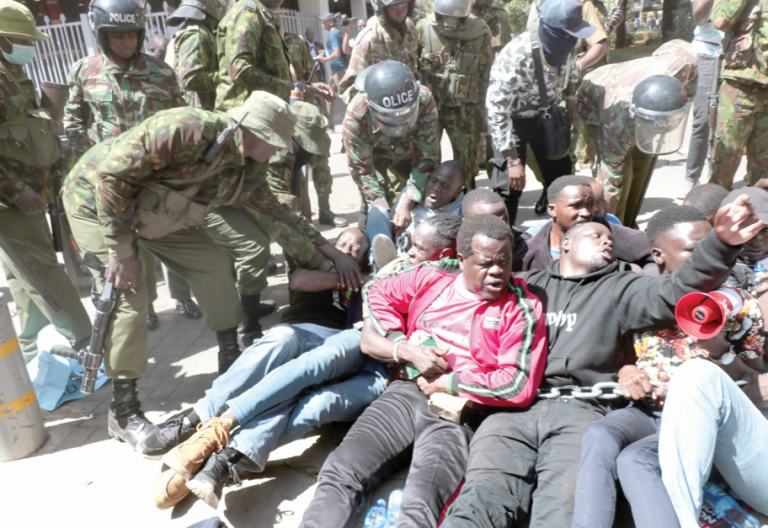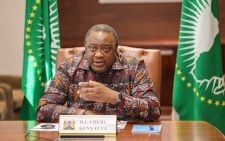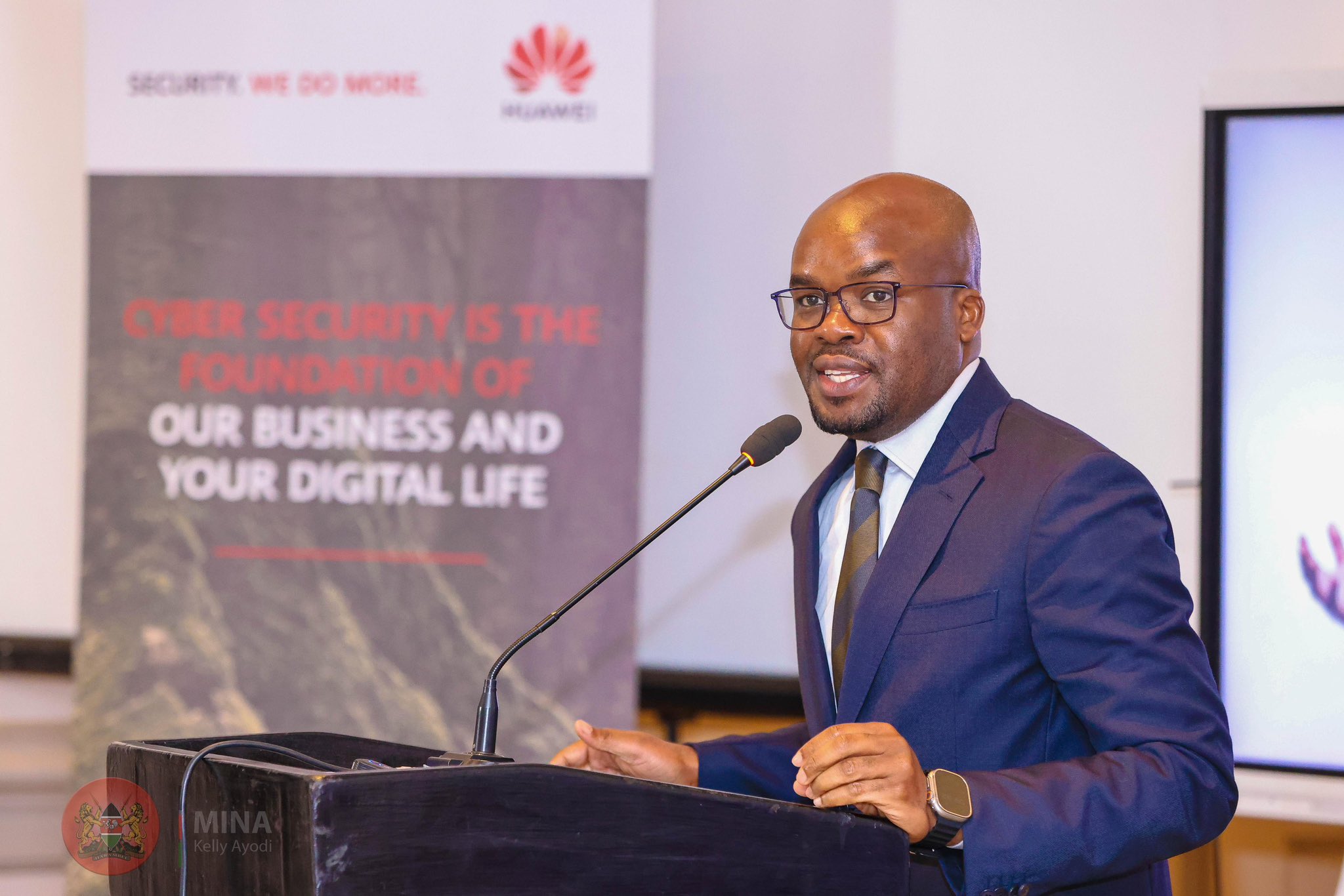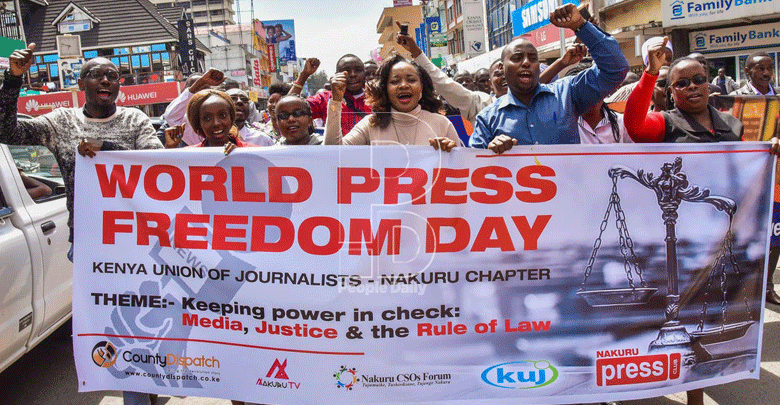Abductive reasoning implicates State in abductions

“If it looks like a duck, swims like a duck, and quacks like a duck, then it probably is a duck”. This colloquial expression, often cited as an example of abductive reasoning, is a type of logical inference that involves using a set of observations to find the most likely conclusion.
In the wake of recent abductions in Kenya, especially after the youth-led uprising against excessive taxes proposed in the 2024 Finance Bill, authorities have engaged in mind games with the public, claiming that the State is not involved in kidnappings that are invariably followed by a refusal to acknowledge the fate or whereabouts of the affected persons.
After the State became brutal, killing and maiming tens and hundreds during street protests that had become deadly with the passage of each day in 2024, the youth seem to have turned to their ingenious skills on social media platforms like TikTok and WhatsApp groups to critique, criticise and hold the government and individual State and public officers to account.
As the Head of State and government, and key proponent of policies that most Kenyans find punitive, President William Ruto has been the main target of public disapproval of government policies, earning himself such nicknames as ‘Zakayo’ and ‘Kasongo’.
While ‘Zakayo’ is the biblical Zacchaeus, the rich tax collector who worked for the Roman Empire but was unpopular for his zeal for tax collection, President Ruto does not seem to enjoy being called this name. But it’s the latest, ‘Kasongo’, that his detractors seem to effortlessly add to funny memes that appear to be discomforting the Head of State and his handlers.
From their profiles, the latest victims of abductions seem to be suspected of generating and spreading the controversial ‘Kasongo’ memes on social media platforms. Some of the memes are outright unethical, depicting the President as dead, and bordering on advocacy for hatred and also being potentially injurious to the President’s rights and reputation as a person. Exercise of one’s right to freedom of expression in such a manner is not protected under the Constitution either. But this doesn’t warrant abduction by State agents or persons acting with State authorisation.
On 27 August 2023, Kabras Sugar Company chairman Jaswant Singh Rai became the first victim of gangland-style kidnappings under President Ruto’s administration. The Kenyan citizen of Asian origin was involved in a number of court cases with the government, particularly over Mumias Sugar in which the State is the majority shareholder.
Speaking in Bungoma days later, President Ruto alluded to Rai’s plight, making his “mambo ni matatu” (there are only three options) ultimatum to those he described as ‘wakora na wafisadi’ (conmen and swindlers). The President has since trademarked the “mambo ni matatu” phrase. Like most of his latest fellow abductees, Rai was never arraigned in court on any charges.
On August 25, 2024, while meeting with university student leaders at the Kenyatta International Convention Centre in Nairobi on the new higher education funding model, President Ruto had to repeatedly assure those who had mustered enough courage to speak that “there will be no consequences for any comments”.
On 19 October, 2024 a Briton and several Turkiye nationals were abducted in Nairobi. The Briton was later released but the Turkish refugees were deported. Kenya later admitted to assisting authorities in Turkiye with “their arrest and deportation”.
On 16 November 2024, Kizza Besigye, a longtime political rival of Ugandan President Yoweri Museveni, was in Nairobi to attend a book launch. He was abducted alongside his colleague, only to resurface before a court martial in Kampala. Ugandan authorities confirmed that they had been assisted by their Kenyan counterparts to arrest and deport the opposition leader.
Despite public pronouncements by government officials to the contrary, there are telltale signs and abductive reasoning pointing at State agents or persons enjoying supernumerary powers with State authorisation involved in the enforced disappearances.
— The writer is the Executive Director of the Kenya National Civil Society Centre-












